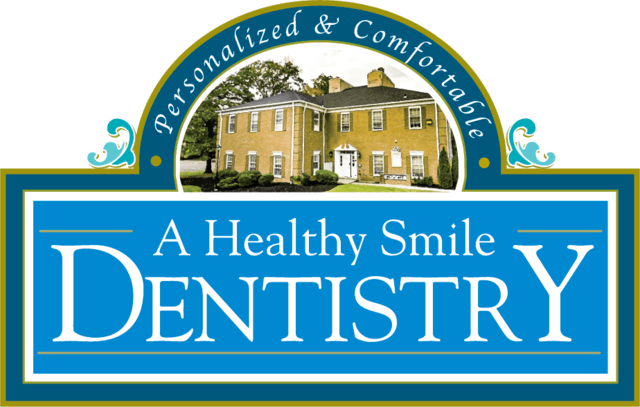Maintaining excellent oral hygiene—brushing, flossing, and regular dental visits—reduces the risk of many dental problems. Yet, even individuals with impeccable habits can face unexpected oral health issues that require professional attention. Dental insurance plans provide a financial safety net that ensures necessary care is accessible without sudden financial strain.
Hidden Risks Despite Excellent Oral Care
Even the most diligent individuals are not immune to certain dental problems. Genetics, lifestyle factors, and unforeseen accidents can result in complex dental issues that demand immediate attention.
- Genetic predispositions: Some people are more prone to conditions like gum disease or enamel erosion, even with rigorous hygiene routines.
- Dental emergencies: Accidents like chipped teeth, broken fillings, or sports-related injuries can happen at any time.
- Systemic health issues: Conditions such as diabetes or heart disease can influence oral health, increasing the risk of periodontal problems.
- Wear and tear over time: Teeth naturally deteriorate with age, causing sensitivity, cracks, and decay that routine care cannot always prevent.
How Dental Insurance Plans Offer Protection?
Dental insurance plans cover a wide range of preventive, restorative, and emergency services, ensuring access to care without the burden of high out-of-pocket costs.
- Preventive coverage: Regular check-ups, cleanings, and X-rays are usually covered, encouraging consistent care while minimizing costs.
- Restorative treatments: Services like fillings, crowns, or root canals can be expensive. Insurance reduces financial strain when these treatments become necessary.
- Emergency care: Dental accidents or sudden pain require prompt treatment. Insurance ensures timely access to professional care.
- Specialized procedures: Some dental conditions may require advanced treatments or consultations with specialists. Plans often provide partial coverage, making these procedures more affordable.
Financial Peace of Mind
One of the strongest arguments for dental insurance is its ability to prevent unexpected financial stress. Even with excellent oral care, the cost of major procedures can be significant. Dental insurance plans help manage these expenses, allowing individuals to focus on maintaining oral health rather than worrying about bills.
- Predictable costs: Regular premiums create a structured budget for dental care.
- Reduced out-of-pocket expenses: Most plans cover a significant portion of treatment costs.
- Access to quality care: Insurance enables patients to seek timely care from qualified professionals without hesitation.
Beyond Emergencies: Maintaining Long-Term Oral Health
Dental insurance is not just a safety net for accidents or major procedures—it also encourages long-term preventive care. Consistent dental visits and early intervention reduce the likelihood of complex treatments in the future.
- Regular monitoring: Dentists can detect early signs of cavities, gum disease, or oral cancer.
- Tailored treatment plans: Insurance encourages customized care that addresses individual risk factors.
- Improved oral hygiene adherence: Knowing that preventive services are covered can motivate patients to stay consistent with visits and treatments.
Misconceptions About Dental Care and Insurance
Some individuals assume that impeccable hygiene eliminates the need for insurance. This misconception overlooks the unpredictability of oral health and the benefits of preventive coverage.
- “I brush and floss, so I don’t need insurance”: Daily hygiene reduces risk but does not eliminate dental issues.
- “I can pay out-of-pocket if something goes wrong”: Costs for complex procedures can be thousands of dollars, which may not be feasible for everyone.
- “Insurance only covers emergencies”: Most dental plans also cover preventive care, early intervention, and certain elective procedures.
Strategies for Maximizing Dental Insurance Benefits
Even with good oral hygiene, it’s important to use insurance effectively:
- Schedule regular check-ups: Ensure preventive visits are spaced according to plan coverage.
- Understand coverage details: Know what procedures are included and any waiting periods.
- Use preventive services: Cleanings, fluoride treatments, and exams are often fully covered and reduce future costs.
- Act early on dental issues: Prompt treatment minimizes severity and financial impact.
- Compare plan options: Look for plans that offer balanced preventive and restorative coverage.
Conclusion
Oral hygiene plays a vital role in reducing dental problems, but it cannot prevent all potential issues. Dental insurance plans act as a protective shield, covering both routine and unexpected treatments, providing financial security, and encouraging proactive care. Regardless of how well one maintains teeth, insurance ensures access to necessary treatments without compromising overall well-being or finances.

